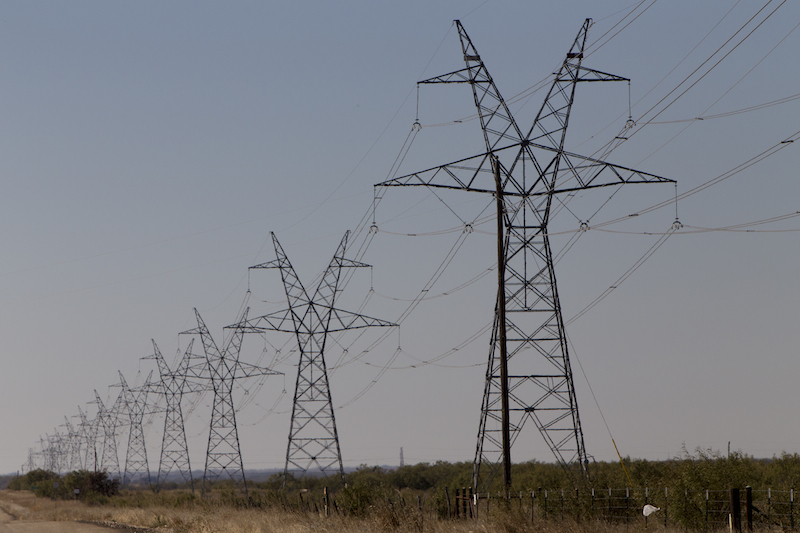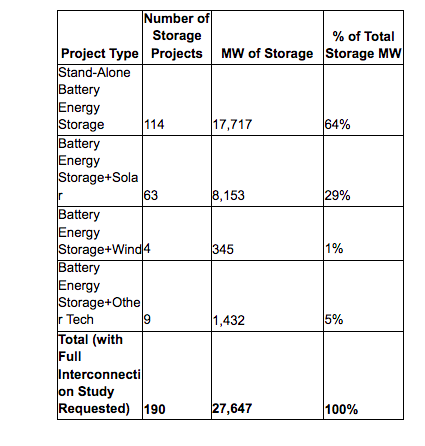
While much of the news surrounding the Texas legislature, Governor Greg Abbott and Lt.G overnor Dan Patrick is rightly focussed on the battle over voting rights - after all earlier this week 50 + representatives and 9 Senators boarded jets for DC to prevent the passage of two egregious voter suppression bills, SB 1 and HB 3, which would disenfranchise Texans’ rights to vote. These voter suppression bills, designed and supported by the GOP, are an additional tactic to distract concerned Texans from the looming and persistent problems with our electric grid.
The Texas power grid is managed by the Electric Reliability Council of Texas (ERCOT). In cased you missed it, the last legislative session gave special focus to our electric grid in response to the historic winter freeze and the resulting deadly statewide power outage that lasted for days.
All three commissioners at the Public Utility Commission (PUC) either resigned or were fired, the ERCOT board of directors was revamped, and major legislation was approved and signed by the Governor.
In doing so the Governor announced rather proudly, and falsely, that the problems had been resolved, except that another series of unexpected outages from power plants put our system dangerously close to collapse yet again. Indeed, the mid-June heat wave almost immediately proved Gov. Abbott’s claims wrong as the electric grid was under stress and threatened more power outages. ERCOT asked Texans to reduce their energy consumption for a week during the hottest part of the month, because the Legislature or PUC had failed to take adequate action. Unlike most other grids, Texas did not have the programs in place to offer Texans incentives to reduce peak use.
A power outage during the summer could have been even more catastrophic than the winter power crisis. The power outage laid bare the myriad of intersecting issues that impact the most vulnerable of Texans. Energy is inaliably an environmental, class, racial, and disabilities justice issue. During the freeze, low-income Texans, especially people of color, and those who rely on electricity for life-supporting medical equipment, were disproportionately impacted in the state's power grid failure that Texans desperate for warmth, and dying, in unweatherized and poorly insulated homes.
The scary flirtation with another grid collapse came as Gov. Abbott refused petitions to add electric issues to the call of the special legislative session. Sierra Club sent a letter, as did the the Climate Caucus - a group of Texas representatives -- urging the Gov. Abbott to pay attention to the issues.
Gov. Abbott Dangerous, Fossil-Fuelled Agenda Against Renewables and Resiliency
Rather than call a special session at the time to appropriately and immediately address grid issues the Governor then provided a “directive” - a two page letter focused on “reliability” asking the PUC and ERCOT to take certain actions designed to make it easier for power generation to provide power.
The catch? The directive only called for thermal power such as gas, coal, and nuclear -- the power that ERCOT has reiterated over and over failed the most during the freeze and heatwave -- to be optimized. Gov. Abbott and his fossil fuel cronies have been admittedly pushing lies that wind and solar are unreliable (and say nothing about storage entirely) despite ample empirical evidence from experts and agencies that prove the opposite.
Sierra Club has serious concerns about the Governor’s directive, so we were especially attuned to the Senate Committee on Business and Commerce that met Tuesday, where more grid matters were discussed. But the meeting took place just hours before the Senate approved SB 1, one of the two voter suppression bills on an 18-4 vote. Several democratic senators had left to DC to support their House colleagues in stopping voter suppression bills, so several members of the committee were absent. Much of the hearing focused on the Governor’s order last week to impose punitive rules on clean energy generators in ways that significantly increase electric bills without protecting Texans from blackouts.
The primary purpose of the new committee hearing - led by Senator Charles Schwertner named as the new Chair - was to hear from the three new PUC commissioners recently named by the Governor, as well as the new CEO Brad Jones of ERCOT on their efforts to implement changes approved by the legislature. But another critical issue was to affirm that no other legislation action was needed for them to fix the grid.
In other words, Senators asked repeatedly whether additional legislation was needed to implement the Governor’s directive (which we are firmly against). The PUC and ERCOT said the combination of existing authority, plus portions of SB 3 which includes a look at ancillary services and the market structure, is already enough authority for them to act without any special session or new laws.
This is complicated because we firmly disagree with the notion that the grid doesn’t need further legislative action. But we need good legislative action, not anti-renewable directives pushed by a pro-fossil fuel agenda.
The Senate hearing featured a number of shots from senators at Texas’ clean energy resources — even though gas and coal plant failures largely drove the winter blackouts and last month’s electricity shortfalls. To add insult to injury, not only did gas fail, gas sellers reaped $11 billion during the crisis, and utility companies are currently price gouging lawsuits. To state it plainly: fossil fuel and energy corporations are making money off Texans’ suffering.
ERCOT’s Roadmap to Reliability
The 90-minute meeting was full of information,including recent changes made by ERCOT and the PUC. As an example with some fanfare, CEO Jones announced that ERCOT had released a new document, a 60 point plan on reliability, which includes actions already taken (20), actions in process (20) and those not yet started (20). While there is much good in the document, there are also some obvious blind spots that leave us with several questions:How will ERCOT incorporate demand response and energy efficiency into its planning and its markets? How is ERCOT considering climate change in its planning? Will ERCOT consider non-wires alternatives to build transmission faster?
Notably, the plan does include aspects addressing the Gov. Abbott’s ask, showing how much influence the Governor has over the grid, even without an executive order or legislative action.
Other important issues that arose are recent changes made by ERCOT in their ancillary services. ERCOT is increasing the amount of responsive reserves and non-spin reserves during the summer months to avoid further issues. In addition, the PUC Commissioners announced that they will be continuing official workshops on different topics all summer to get input from stakeholders before coming up with suggested changes to the market. These workshops allow Commissioners to ask questions of ERCOT, staff and stakeholders and receive input. The next Commission workshop is scheduled for July 22nd at 9:30 AM, and the meeting will be available for viewing here. Following the thousands of megawatts of traditional generation that was out of pocket in June, the PUC passed a new rule that requires ERCOT to publish within three days a list of power plants that are out due to maintenance issues. The page can be found here.
So Is Anything Fixed?
Well, there’s certainly a lot more problems. Senators and conservative leadership seem to be buying into and perpetuating a simplistic and inaccurate narrative: that Texas has come to rely too much on wind and solar, which is variable by definition - and so is deemed “unreliable.” They also believe that there’s not enough “money” to provide incentives to thermal power plants so. PUC and ERCOT must change the market to provide more incentives for existing or new “dispatchable” gas, coal and nuclear power.
These changes could have very real, negative consequences on people’s lives, including driving up the cost of wind and solar (and the cost to consumers) and providing incentives to traditional generators, locking in more coal and gas for years to come. This would also drive up costs on consumers and lead to more air pollution and water use. Again, low-income communities and communities of color would disportionately bear the burden of high energy bills and pollution. And, again, increasing thermal energy would only put Texas on a path towards more frequent, possibly more severe, energy crises.
What the anti-renewable narrative also ignores is that wind and solar are predictable and growing - and wind was actually helping more than expected during ERCOT’s conservation request in June - while solar also helped even more. Senators and leadership can not wish away expanded investments. It also completely ignores the growing presence of battery storage in the ERCOT market, with tens of thousands of megawatts being planned in the near future. See for example, ERCOT’s most recent Generation Interconnection Report, which found the following batteries resources - some of them combined with solar - have already conducted full interconnection studies.
Battery Energy Storage Summary Based On June 2021 Report


Combining renewables with storage solves many of the “reliability” concerns expressed by senators. Just as important, leadership continues to snub local energy solutions such as distributed generation like onsite solar, distributed batteries, demand response, and the cheapest and quickest way to meet our energy needs: energy efficiency. A recent report found that the existing modest programs are cheap, effective and utilities are easily meeting state goals.
Too many of Texas’ leaders hold the outdated belief that we must build our way out of ERCOT’s challenges by creating “new markets”that pay for “reliable” gas and coal plants, while ignoring the nimbleness of new scalable solar, storage, energy efficiency and demand side management. Over the coming months - with or without legislative action -- Sierra Club and our allies will be pushing ERCOT and the PUC to pay attention to these other solutions.